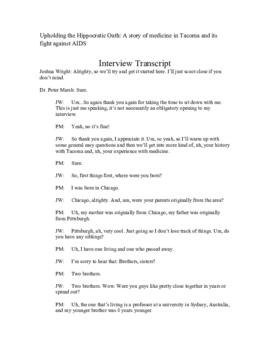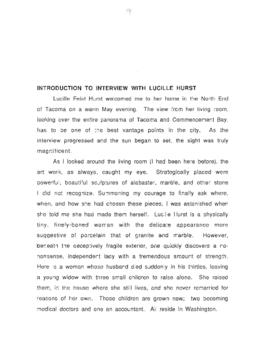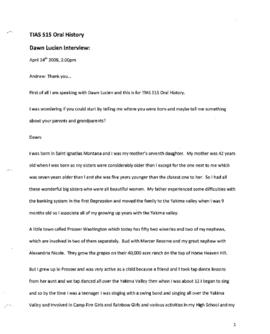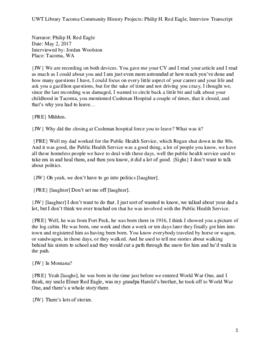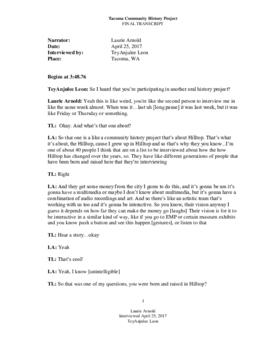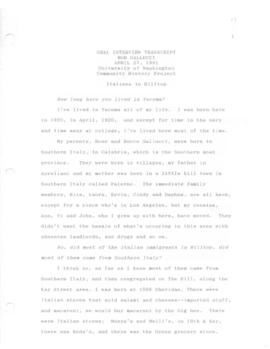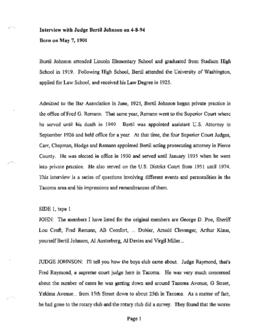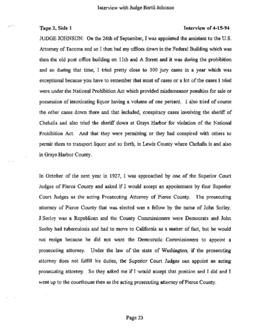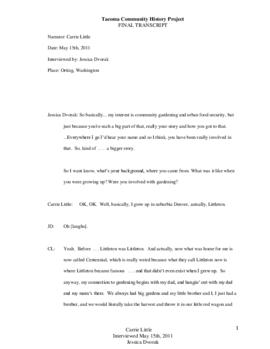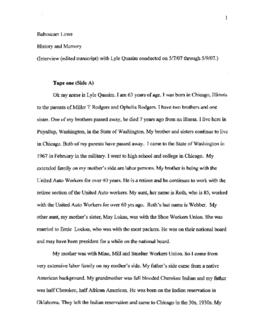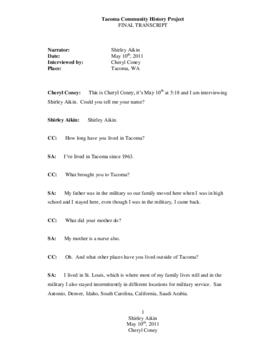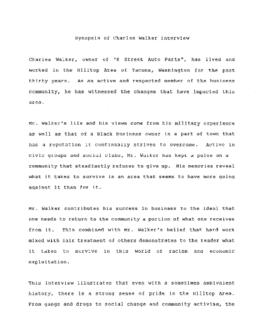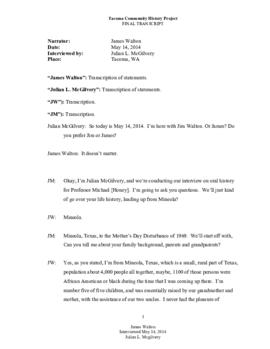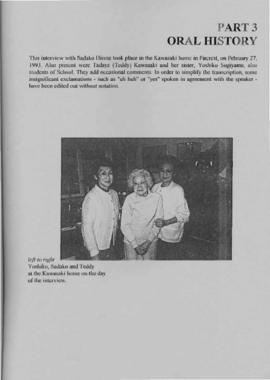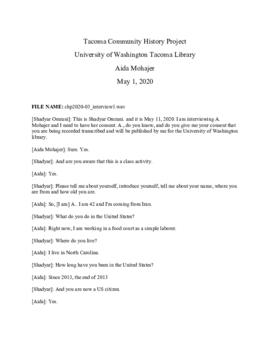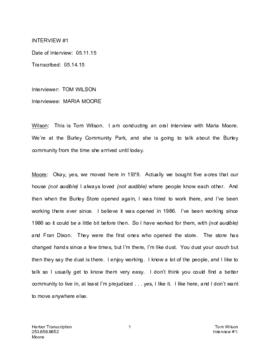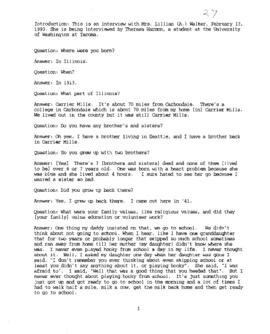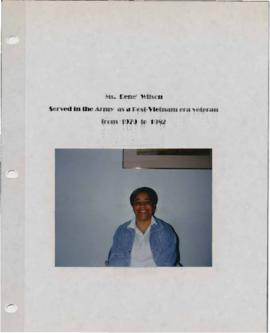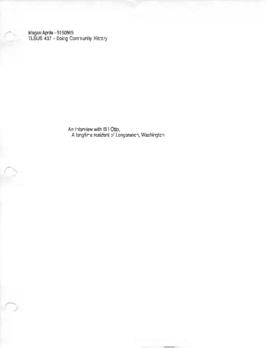Upholding the Hippocratic Oath: A Story of Medicine in Tacoma and its Fight Against AIDS
- Item
- 2015
Oral history interview with Peter Marsh by Joshua Wright conducted 05/28/2015. From the very beginning, Tacoma was met with illness in the form of typhoid. Disease would continue to wage war against the residents of the City of Destiny until the Fannie C. Paddock Memorial Hospital and St. Joseph Hospital were built in 1882 and 1891, respectively. Both organizations developed meaningful relationships with their community and ignited a behind-the-scenes competition which would benefit both patient and physician. Almost 100 years later, Tacoma was cared for predominantly by primary care physicians. It had just started to see an influx of medical specialists via Madigan Army Medical Center when the city was hit by HIV in 1983. With no effective cure at the time, Tacoma did its best to cope with the disease and its associated complications, and the infectious disease specialists were on the forefront. One of these few physicians was Dr. Peter Marsh. Born in Chicago in 1949, he was inspired to become a doctor as a young boy by the Dr. Kildare film series. Arriving in Tacoma in 1981, he would find himself in the middle of handling the AIDS epidemic, supporting patients as best as he could before they succumbed to the disease; that is, until the introduction of antiretroviral medications. Now able to effectively cure patients, Dr. Marsh found new life in his work and continued to serve his community until retirement in 2015. With the epidemic under control, Tacoma still utilizes what it learned from that chaotic era to stand prepared for anything thrown its way.
